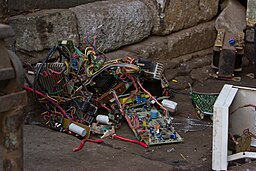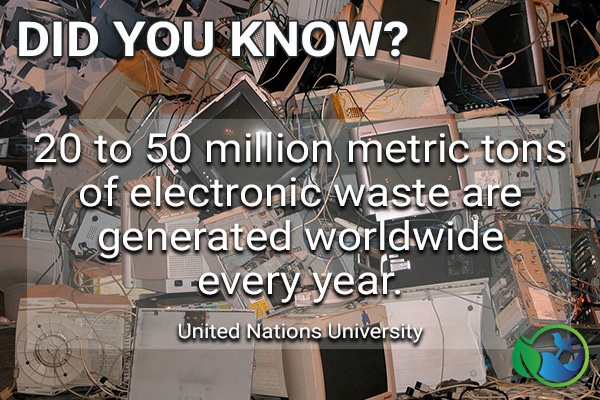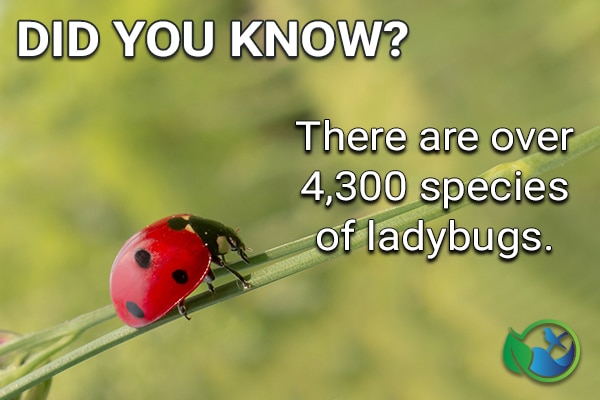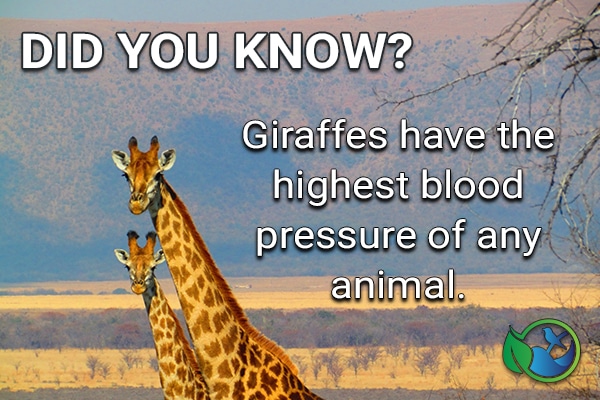 Electronic waste is obsolete, discarded, or broken electrical devices. They may include computers, laptops, printers, TVs, monitors, cell phones, and so on. In developed countries a computer or mobile phone is usually only used for about two years by the original owner. This leads to a lot of waste. In Canada it is estimated that more than 140,000 tonnes of e-waste is added to landfills every single year!
Electronic waste is obsolete, discarded, or broken electrical devices. They may include computers, laptops, printers, TVs, monitors, cell phones, and so on. In developed countries a computer or mobile phone is usually only used for about two years by the original owner. This leads to a lot of waste. In Canada it is estimated that more than 140,000 tonnes of e-waste is added to landfills every single year!
Electronic devices contain many toxic substances that create huge issues when improperly disposed of. Lead, cadmium, mercury and barium are a few of those toxic substances. Exposure to high levels of these substances can lead to severe adverse effects in humans including neuro-behavioural effects (lead), kidney damage (cadmium) and sensory or neurological impairments (mercury). This doesn’t even take into account the affect these chemicals have on wildlife or our ecosystems.
Where and How Is E-Waste Dealt With?
- Landfills – many people simply throw their unused, unwanted or broken devices in the garbage and they end up in landfills. Over time, the heavy metals that are in these devices can leach into the ground or even get released into the atmosphere.
- Incineration – by burning the devices, all the heavy metals are released into the air or left in the remaining ashes. Burning PVC plastic releases toxic dioxins and furans into our air.
- Reuse – this is a great way to extent the life of a product. Give your working device to a friend, charity or to a recycling store like Goodwill or Restores in your area. You can even sell it.
- Recycle – devices contain a lot of usable materials that can be recycled, if done safely.Some of the materials that can be recovered are aluminum, copper, gold, silver, plastics and ferrous metals. Unfortunately, when we send our e-waste to developing countries, the people recycle by hand, which has severe health consequences.
- Export – tonnes of waste from developed countries end up in places throughout the world. Not only is this extremely unsafe for the people working with these devices, it is merely shifting the problem from our country to theirs.
What Can You Do?
- Think before you buy. Do you need a newer or another device? Could you live without it? Do you already have a device that will fulfill that requirement?
- Keep your devices longer. No one truly needs the newest device but the companies have trained us to think that newer is better and faster and that it will make our lives easier and happier. I have yet to find a device that is all of those things. When a newer version is released, wait to see whether it’s new features will actually benefit you. Will a screen that is 2% larger really improve your life? Do you need a better camera if your older one has been working well for you? Do you really think you’ll notice a difference between the technologies offered by a new TV?
- Give the device to a friend or sell it. Many people do not need the newest technology. Why not do something that will extend the life of a device, even if it isn’t with you? Sell it online at Craigslist, Kijiji or Freecycle.
- Give it to a charity or used store. There are a lot of people in need who would think your two year old device is amazing. Don’t just trash it, give it a second chance. The Charity Recycling Program, ReStore, Goodwill, or Think Recycle
- If all else fails, find a reputable recycling facility. Go to Electronic Products Recycling Association to find a recycling program in your province. Bestbuy, HomeDepot, Staples
[one_third_last]

[/one_third_last]
Sources:
“E-Waste Problem | Shift Recycling.” Shift Recycling. N.p., n.d. Web. 4 Mar. 2016.
Sthiannopkao S, Wong MH. (2012) Handling e-waste in developed and developing countries: Initiatives, practices, and consequences. Sci Total Environ.
“Where Does E-waste End Up?” Greenpeace International. N.p., n.d. Web. 04 Mar. 2016.






